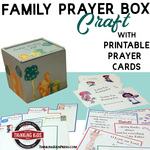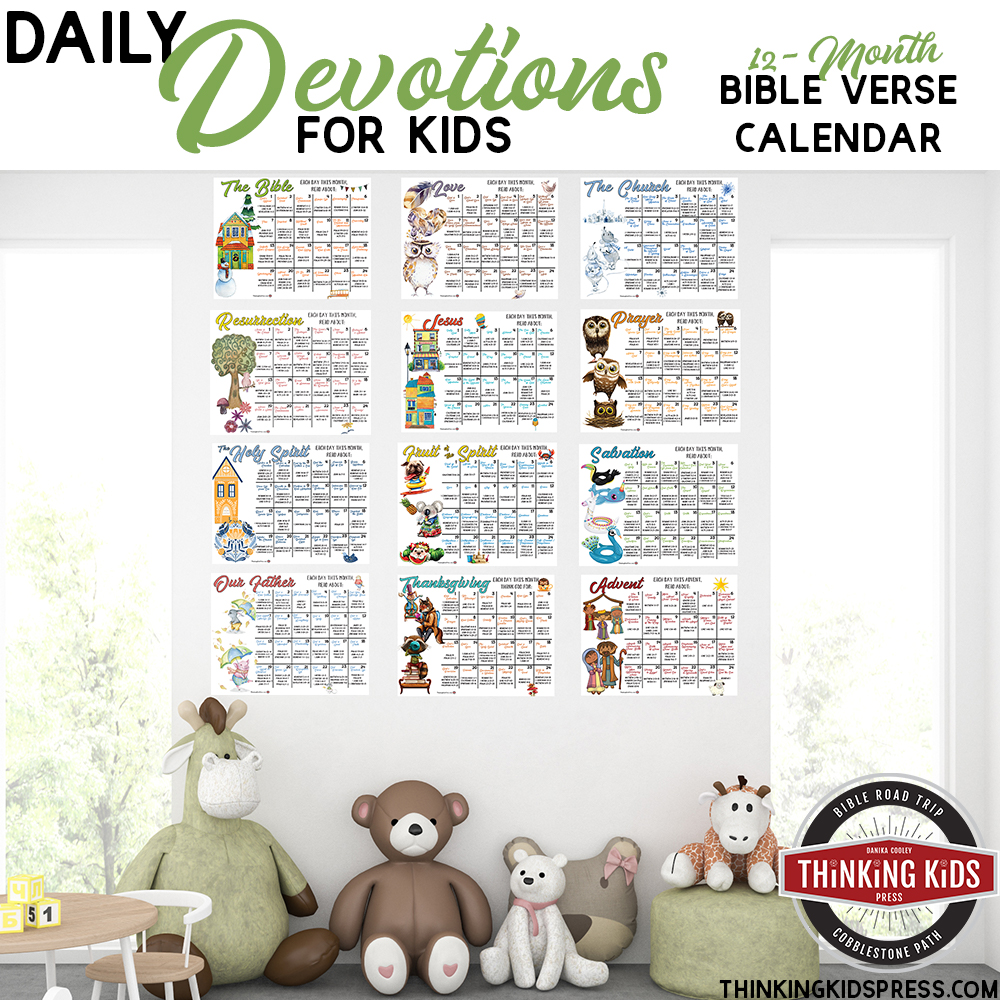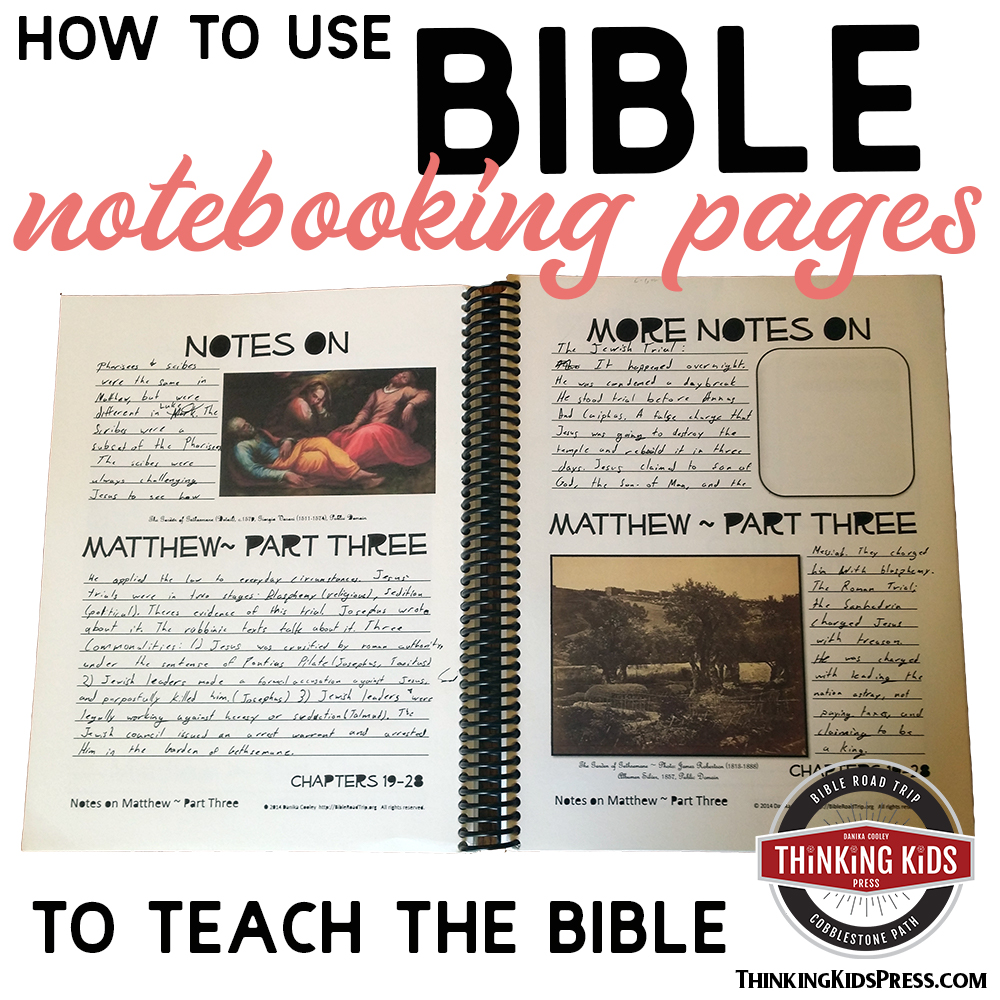
When my kids were young, we had a trunk full of dress-up costumes. On any given day, my boys could become a pilot, king, or knight. It was a fun opportunity for them to pretend to put on a new role, and try it out for a while. They’d do schoolwork, jump on the trampoline, and play–all while acting out the role they’d chosen for themselves.
One of our jobs as parents is to tell our kids who they are. Even though they don’t wear special outfits to indicate their roles, our kids do have real roles in life, and we help them understand their roles through titles. They are sons and daughters, sisters and brothers, good students, hard workers, and caring citizens. One of the most important roles our children will ever have comes from 2 Timothy 2:15, ESV:
Do your best to present yourself to God as one approved, a worker who has no need to be ashamed, rightly handling the word of truth.
Our kids are to be unashamed, approved workers, able to rightly handle God’s Word. They are Bible Investigators!
So, how do we help our kids become faithful Bible investigators, able to read and apply the Bible well? That’s where the inductive Bible study method comes in.
We can help our eight- to twelve-year-old children learn to approach Scripture well by teaching them three simple steps.
The Inductive Bible Study Method
First, let’s talk about what the inductive Bible study method is, and why this simple tool will help your kids become great Bible investigators.
The word inductive–when it’s applied to reasoning–means to make specific observations, and then to develop conclusions using those observations. The inductive Bible study method begins with the text of God’s Word. That’s the perfect place to start, isn’t it? When you teach your kids the inductive method of Bible study as you read the Bible together, you will be preparing them for independent Bible study.
Inductive Bible study is simple! Kids will learn to:
- Observe
- Interpret
- Apply
You can teach you kids to use the inductive Bible study method as you read the Word together as a family. And, for kids ages eight to twelve, the Bible Investigators: Creation Bible study will help them learn to work through each step of the inductive method. By the time they’ve finished the book, inductive Bible study will be a tool your tweens are familiar with, and they’ll be comfortable using it as they read Scripture.
We want our kids to observe what God is saying in the Bible, and to interpret his Word faithfully. Then, we want them to be able to apply biblical principles to their lives.
Inductive Bible Study for Kids
I believe that having a Bible reading and discussion time for your family is really important. In fact, I wrote a whole book about family discipleship! ( Check out Help Your Kids Learn and Love the Bible from Bethany House.) It’s important that our children learn to listen to God’s Word, and that they have the opportunity to discuss Scripture with adults who love them and love God. Family discipleship is vital.
As our kids grow older, we want them to start to interact with Scripture independently, as well. And, when our children are saved, they will naturally want to read the Bible. You can begin teaching the inductive method to your kids from about age eight. Here are some tips to get you started:
1) Observe the Bible Text
To observe simply means to notice what is going on in the passage or story you are reading in the Bible. You can help children and tweens begin to observe facts about what you’ve read in your Bible time.
So, as you read a story from the Bible together, take time to help kids observe what they’ve read. Remember the who, what, when, why, how investigative questions you learned to ask in elementary school? Ask them now! Who is acting in this passage? Who wrote it and who are they writing it to? What happened in the story we just read? When did this take place–in history and in context to the stories surrounding it? Why did it happen? How did God act in this story? Answering these questions is more or less an exercise in narration–having your child repeat the story in their own words.
Bible Observation in Bible Investigators: Creation: As they work through their puzzle-based Bible study on Creation, your kids will learn to look for clues in the text. They will learn, too, that they are looking for clues on who God is and what he has done, who humans are and why we need a Savior, God’s great plan for salvation, and Jesus’ commands for our lives. Bible Investigators: Creation will help your children learn to become observant Bible investigators as they read God’s Word!
2) Interpret Scripture
The word interpret means to find the meaning of something. After observing the Bible text, your family can learn how to faithfully interpret it, looking for the biblical principle the text teaches.
As your family takes some time to interpret the Bible together, ask your kids meaningful questions. What did this story or passage mean to the people originally reading it? What is the importance of this passage to us today? Interpreting a section of Scripture can be simple, or it can require careful research. If you need to research the meaning of something you’ve read in the Bible, be sure to show your children how you are doing it. Research can include using study Bible notes, cross-referencing passages (again, a good study Bible is helpful), using a commentary, or searching on the internet for information from trusted sources. GotQuestions.org often has straight-forward answers to Bible-related questions, and can be a good resource for your family.
Bible Interpretation in Bible Investigators: Creation: As your children continue their Bible study on Creation, they’ll learn how to faithfully interpret God’s Word by seeing how the Bible interprets the Bible through its own clear, instructive texts. God doesn’t contradict himself in his Word, and he wants us to understand the clear biblical principles he teaches in his Word. Your kids will learn how to look for the meaning of Scripture. Bible Investigators: Creation will help your kids interpret the clues they’ve found in God’s Word!
3) Apply God’s Word
When we apply God’s Word, we learn to put the biblical principles we’ve uncovered in the Bible into action in our own lives.
The last step in the inductive Bible method is to help your child learn to apply their Bible reading to their own life. This can be fairly straightforward. For instance, 2 Timothy 2:15 tells us directly to rightly handle the word of truth. Each of us must study God’s Word, and learn how to study God’s Word. We want to be trustworthy Bible Investigators. Sometimes, the application of a passage is tougher, and we must think and pray about how to apply Scripture to our lives today. It is so important that our kids learn to observe and interpret God’s Word rightly, because when we interpret the Bible in strange ways, our application can get really weird! When we accurately interpret God’s Word, we are bound to be changed by it. Ask your child how the meaning of a Bible passage impacts them. Do they need to repent of sin? Would they like to pray together for faith, strength, or clarity in an area of their life? Is God calling them to glorify him in a specific way? Be sure to share how you will apply God’s Word to your life, too.
Bible Application in Bible Investigators: Creation: With prompts, thoughtful instruction, and journal boxes, Bible Investigators: Creation will help your children clearly think through how they will apply each of the 30 biblical truths they learn to their lives. Bible Investigators: Creation will help your children apply the biblical principles from God’s Word to their lives!
An Inductive Bible Study Book for Your 8-12 Year Olds
Note: Looking for a great book on faithfully using inductive Bible study for adults, or as a study for your precocious high schoolers? Check out Grasping God’s Word by J. Scott Duvall and J. Daniel Hays from Zondervan Academic.
Observing, interpreting, and applying the Bible is an important skill that we, as Christians, can spend a lifetime working to incorporate into our study of God’s Word. It’s an excellent way to present ourselves to God as approved workers who rightly handle the word of truth. By teaching your kids the inductive method of study, you can help them move toward faithful, sound, independent Bible study!
With puzzle-based Bible study, kids can become Bible Investigators in a fun way that doesn’t feel like work. It’s a challenge they will look forward to!
Bible Resources for Your Kids
Learn More HereLearn More HereLearn More HereLearn More HereLearn More HereLearn More Here
Puzzle-Based Independent Bible Study for Kids!
“Do not be conformed to this world, but be transformed by the renewal of your mind, that by testing you may discern what is the will of God, what is good and acceptable and perfect.” – Romans 12:2, ESV

-
- Observe: They pay attention to what they’re reading.
- Interpret: They figure out what the Bible means in that section.
- Apply: They decide how the truth of God’s Word impacts their life today.
There are a great many truths in life to be found—some interesting, some boring, and some that really matter. You can be the kind of investigator who spends time puzzling out important truth so that you can know all the knowable knowledge that God has given us. That’s right. God, the Creator of the Universe, gave you a great big letter from him to explore and study so that you can discover the truths that really matter to your life!”
Bible Investigators: Creation, (The Good Book Company, 2024), page 7
The Bible Investigators: Creation Bible study for kids, written by Danika Cooley and published by The Good Book Company, is 272-pages of learning, puzzles, and fun activities designed to help your kids become amazing independent Bible investigators–observing, interpreting, and applying God’s Word as they learn what the Bible teaches on a particular subject.
Bible Puzzles for Kids
Middle grade kids, aged 8-12, love puzzles. After all, their brains are just built for figuring things out and memorizing facts. Puzzles are a wonderful way to help kids develop logic skills and retain important information. And, the book is written in a fun, conversational tone your children are sure to love!
What types of puzzles and activities will you find in Bible Investigators?
-
- Word Searches
- Crosswords
- Rebus Puzzles
- Dot-to-Dots
- Logic Puzzles
- Missing Letter Puzzles
- Cryptograms
- Word Sudoku
- Mazes
- How-to-Draw Pages
- Matching Pairs
- Word Scrambles
- Journal Pages
Every child is sure to find activities they’ll love!
Elementary-aged kids need hands-on middle grade resources that engage them and equip them to process important truths.
Bible Investigators is the perfect resource to teach your kids about an important biblical doctrine, while helping them apply God’s Word to their lives today.

More Thinking Kids Posts You’ll Love

Join the newsletter

Get the Family Prayer Box Project FREE!
Teach your children to pray with this fun project that includes 7 printable sets!














































































Leave a Reply